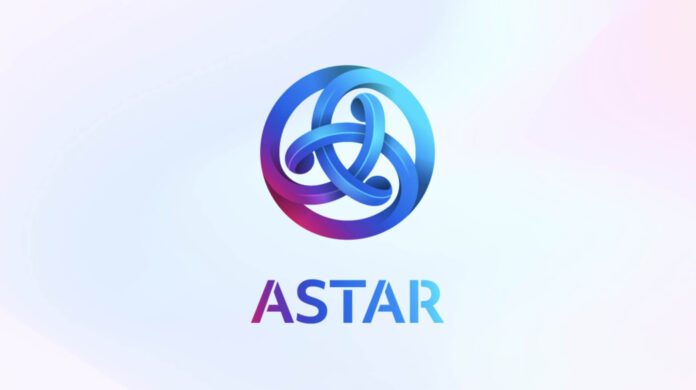- The value of the Astar Community (ASTR) jumped nearly 5% after the Astar Basis revealed a proposal to burn 350 million ASTR tokens.
- ASTR value reached a excessive of $0.09.
The value of Astar Community (ASTR) flipped into optimistic territory on Tuesday, rising practically 5% following a brand new proposal to burn hundreds of thousands of tokens.
Whereas ASTR continues to battle bearish stress for the reason that value peaked close to $0.17 in March, its beneficial properties over the previous 24 hours have pushed it above $0.09 and will open an upside rally at $0.1.
The Astar Basis proposes to burn 350 million ASTR tokens
The sudden spike in ASTR costs adopted a brand new announcement from the Astar Basis. On Tuesday, the Astar Community group outlined a proposal that seeks to burn 350 million ASTR tokens.
As typically occurs out there, costs reacted larger in response to the proposal. If the proposal is accepted within the coming weeks, Astar will take away $31 million price of tokens from circulation.
The burn would characterize 5% of the genesis allocation, the muse stated in its proposal. Astar Community founder Sota Watanabe shared the information on X.
Particularly, the tokens to be burned come from the venture's parachain public sale pool. The platform put aside these tokens through the rollout of the Astar Community.
When does the Astar Community group vote?
Astar is planning to take this motion forward of Polkadot's “Agile Coretime” improve, which is about to section out DOT's crowdloan mechanism.
By design, burning these reserve tokens can help ASTR holders by lowering the overall staked provide. It might imply elevated rewards for stakers. That is additionally prone to end result within the potential for diminished provide to have an effect on the long run value of ASTR.
The Astar Basis says the proposal will undergo a three-week group dialogue section earlier than going to a vote.
“If there’s a consensus, the muse will proceed to burn the reserve. If not, different options can be thought of for additional dialogue and voting” wrote the group.
